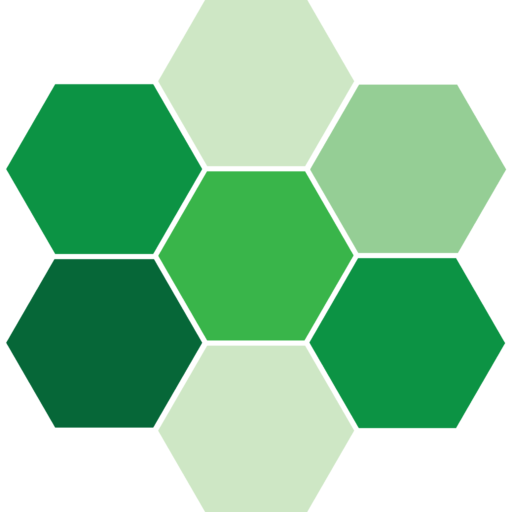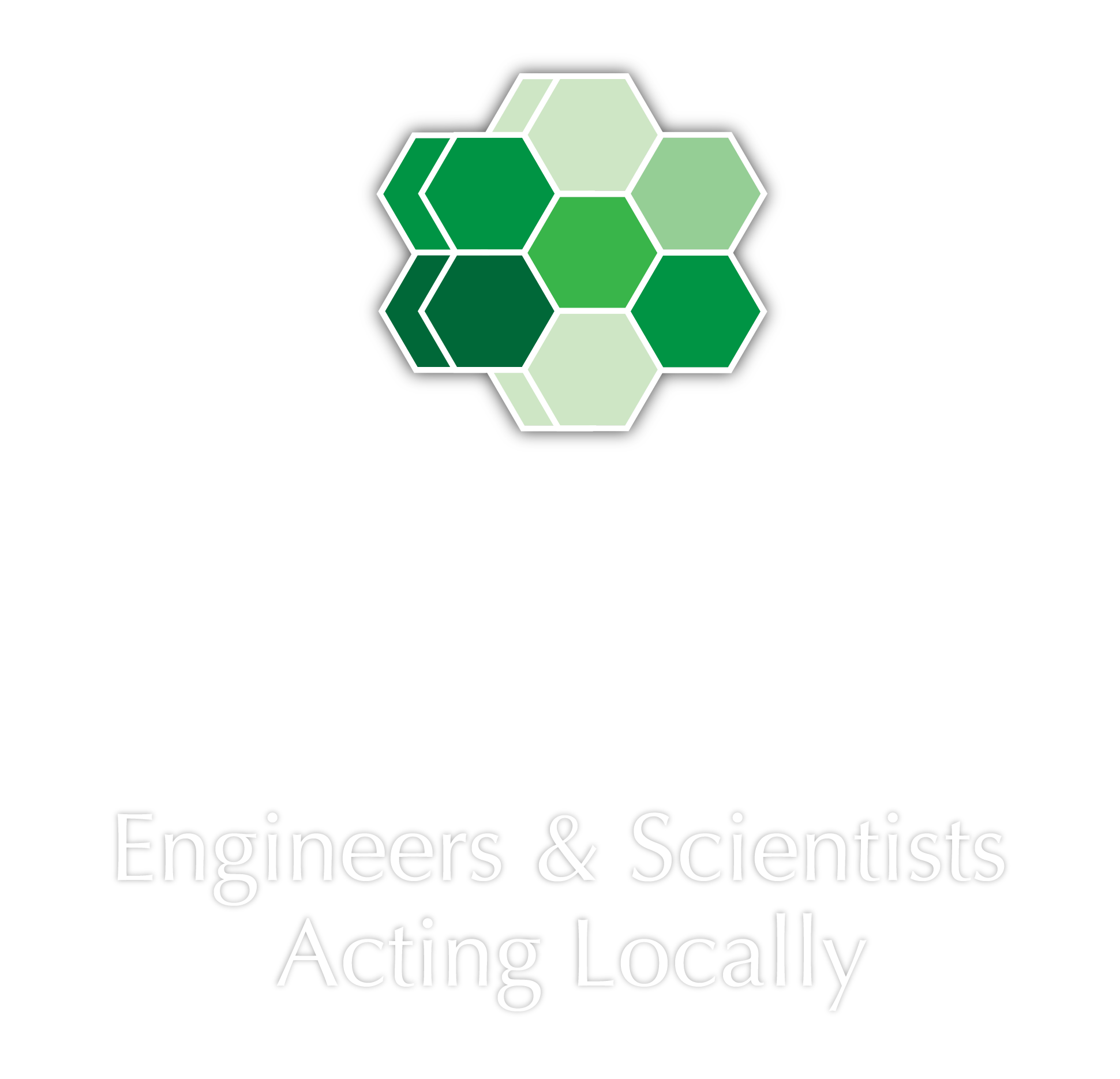On May 8th, ESAL and the Ecological Society of America co-hosted a virtual event centered around the urgency of protecting wetlands and their significance in maintaining climate resilience in the future. Learn about the ways the event speakers encourage public engagement.


